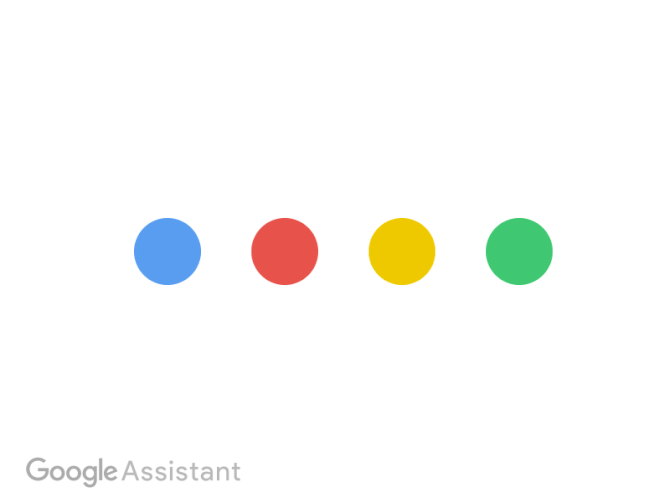Are virtual assistants ready to replace people? part 1
Siri, Cortana, and Google Assistant are just the beginning: now it's time for specialized smart assistants. Are they able to replace a human?

Artificial Intelligence, to be close to the current definition of intelligence, requires several things to happen simultaneously: logical thinking, learning, decision making with insufficient data, natural language understanding, planning, perception and the like. What is often called artificial intelligence in the latest technologies is usually only one of its components. The proper terms are machine learning, speech recognition, images, text or language translation. We talk about artificial intelligence for Siri and autonomous cars, but we know that the real SI has not yet emerged. There is missing something that all the skills would combine in one creature.

Elements of artificial intelligence are everyday
That said, I have to admit that even though the complete SI itself does not yet exist, its elements have permanently subsided in our everyday life. The autocorrect of text on smartphones itself learns our habits. Cars are increasingly equipped with some degree of autonomous systems. Even today's televisions respond to voice commands. The process started, among other things, through the emergence of handwriting recognition algorithms in the nineties, reached the stage where machines understand the world better than humans, and scientists are unable to explain how this reasoning goes.
Do you use virtual assistants?
We have become accustomed to the existence of virtual assistants like Siri, Cortana, and Google Assistant, and the ability to communicate with them in a voice. As with any technological progress, from the first glance of novelty to the moment we stopped wondering how it worked, it took little time. Similarly, we are not impressed by train travel, airplane flight, or video-chatting with someone on the other side of the planet. The only question is, are we actually using virtual assistants? When did you last search for something on Google, asking for it Siri?

There are several reasons why Cortana and other applications are not the main method of using a smartphone. Firstly, the Polish language is causing a lot more problems than English, Siri still does not understand it. Second, the Google Glass case has shown that using certain technologies can bring social consequences. Do you remember these articles from the "How did you look pretentious on Google Glass?" It's also hard not to look pretentious by issuing voice commands for features that can run faster with a single click. What brings us to the third reason - voice assistants often lengthen their activities rather than facilitate and accelerate them.It is impossible to ignore yet another aspect of the learning curve. When you buy new equipment it takes a while for you to learn to use it fully. In the case of voice assistants, there are two learning curves. Man learns to use the assistant, the assistant learns to recognize the human voice. Theoretically, there is a moment when using a virtual assistant will be a hassle, as many users will find enough patience to reach it.
Specialization for the rescue?
Despite technological problems (still far from full artificial intelligence) and usability (described above), there are more and more assistants. The creators of these applications often give up voice support for text input. They also focus on specific tasks. Your man from financial management. Your man from booking a trip. With the fact that it is not people, and intelligent assistants. Paradoxically, the emergence of specialized assistants shows that the assistant is anything but an assistant. Perhaps it is a way to achieve a higher level of development for Cortana, Siri and others who could implement the solutions achieved by the creators of specialized assistants.
An intriguing solution is, for example, Cleo, which we provide access to a bank account, and she in turn makes an order with our finances. Using the account history data, Cleo identifies trends and spending habits, calculates budgets, shows expenses by category, and so on. To check your budget, just send to Cleo SMS. So far the service is limited to UK banks.

Available exclusively at the App Store, Mezi is able to book flights and hotels so well that, according to the developers, it can rely on travel arrangements. In addition, he can do shopping when we say to him: "I need a gift for grandma."
Amy is a personal secretary who, with access to a calendar (Google, Outlook and others), will take over the exchange of emails to make an appointment. The creators argue that the nice personality of an intelligent assistant and her natural way of speaking often lead to amusing situations when her interlocutors ask if Amy will be present at the meeting.
Cleo, Amy, Mezi ... New quality?
Of the three new virtual assistants listed above, none of them speaks Polish yet. Amy chooses the tests I need. I swear before making my bank account data available and I do not have any plans for travel or gifts I could not organize on my own - it would be difficult to test Cleo or Mezi.